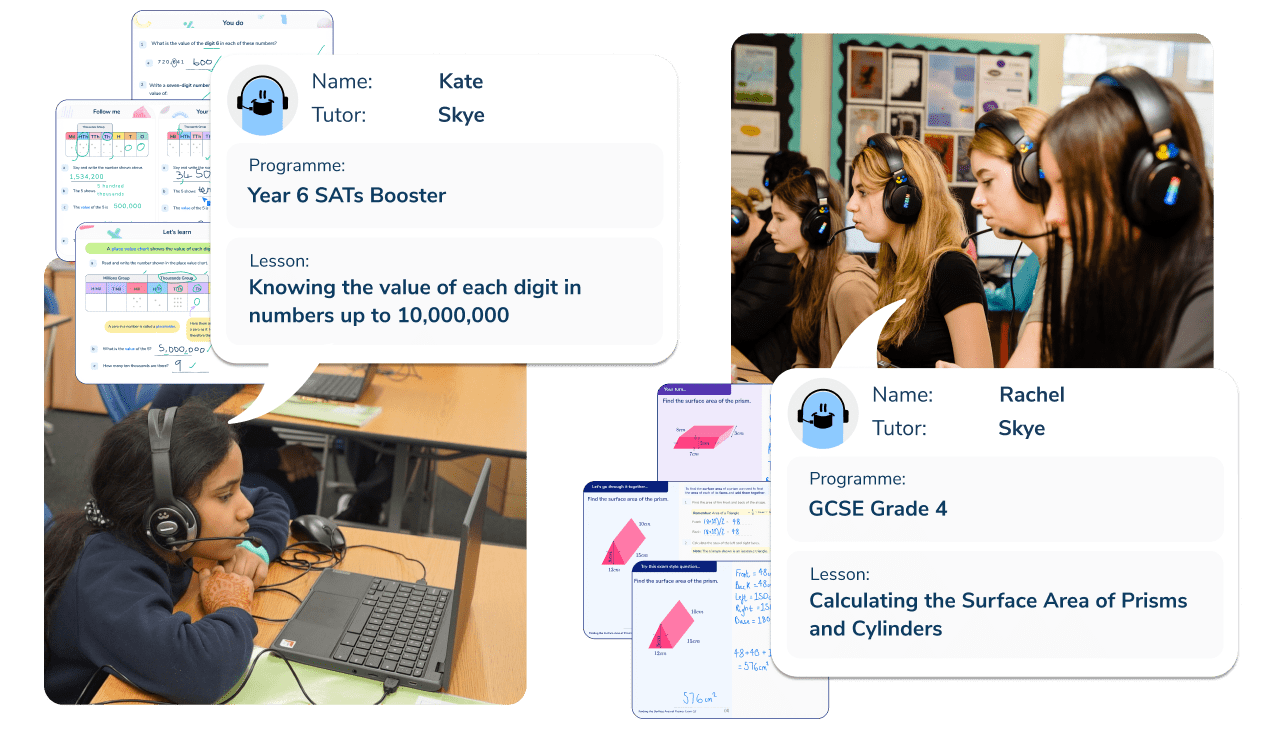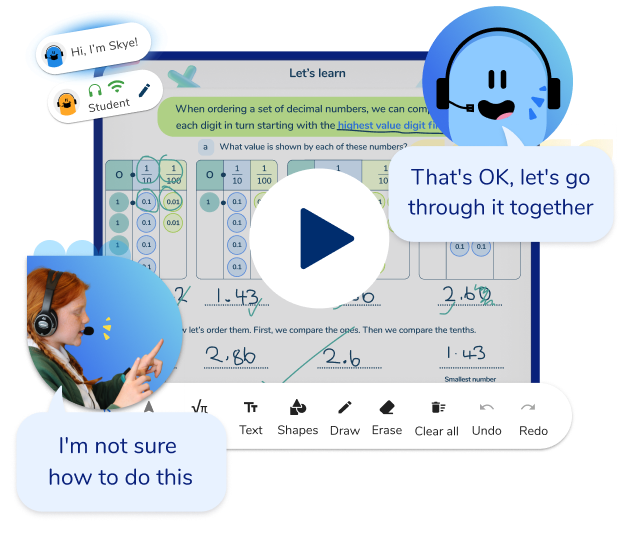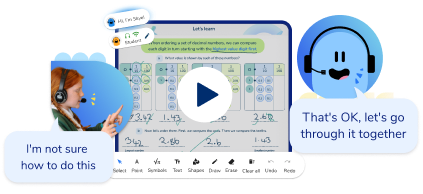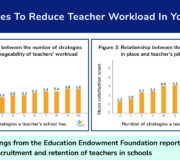We Carry Our Experience Scars With Us | Confessions of Primary Headteacher
“Wisdom: the quality of having experience, knowledge, and good judgement; the quality of being wise.”
When I became a teacher the first piece of advice I remember my ‘headmaster’ giving me was, “Do two years here and move on”
This was not some sort of harsh performance management procedure; it was his way of telling me that experience is the perfect partner when working in education, that exposure to new situations and how we adapt to them helps make us better teachers.
In my 22 years in education, many of those as SLT in school I have found this to be true. In fact I have discovered that it is the ‘experience scars’ from the mistakes I have made over the years that have helped me grow, develop and find new skills alongside the many challenges that school leadership has to offer.
What I didn’t see until recently though is how those ‘experience scars’ leave criss-crossed inscriptions of doubt across our minds. They leave unpleasant memories and create fears; like a bad tooth, there are some places that experience tells us not to touch.
The Primary School Guide to Choosing Your Maths Scheme of Work
An in-depth examination of the 7 most popular Maths schemes to help you find out which is right for your school. Includes reviews of Maths.
Download Free Now!When I got my third headship I remember being confident that my experiences would hold me in good stead to face the many challenges my new school would bring. I believed that this chapter in my profession was the one in which I, the sage and prudent head, would use my gathered wisdom to cut through the wasted fat and grizzle that clogged up so many schools.
I believed that my hard-won principles and years of accumulated knowledge would lead to even greater success. How wrong I was. It seemed that I had learnt nothing.
The role of the headteacher
The headteacher is akin to the navigator upon an ancient seafaring vessel trying to decode the sun-shadow board as the clouds gather; or translate the colour of the sea and the direction the wind is blowing.
Leading is an art and a craft and the first lesson is this – it is only through using the wisdom you have gathered that you can make it through without sinking to the bottom of the ocean.
My first headship had been a lightbulb headship. It was sharp, bright and full of energy. I was a bolt of static energy. I was fearless, quick and able to believe that I had changed everything I touched in a blink of an eye. I never looked back to see what really happened. I rarely paused. I remember a teacher turning to me once and saying, “Brian… Breathe!”
Once the light was shining on something I was off to brighten some other poor mug’s corner. I was able to do this because I had no idea how to do it any differently.

Meet Skye, the voice-based AI tutor making maths success possible for every student.
Built by teachers and maths experts, Skye uses the same pedagogy, curriculum and lesson structure as our traditional tutoring.
But, with more flexibility and a lower cost, schools can scale online maths tutoring to support every student who needs it.
Watch Skye in actionTaking risks
I had a few role models and mentors who I looked up to but once I was in the driving seat and things seemed to be moving along smoothly I choose not to listen to them. I was creating my own voices. How I didn’t spontaneously combust is one of leadership’s great mysteries and a small miracle.
I remember my first ever headteachers conference. I had been asked to speak as a new head to the city. I stood in front of well over 100 very difficult to read faces and delivered a short talk which I had called ‘When Does a New Head Become an Old Head?’ (The genesis of my twitter handle @OldPrimaryHead1)
I was 33 at the time. I stood at the side of the room listening to the introduction they gave me. I was pretty full of myself back then but deep down I was terrified. Ten minutes beforehand I had chased down a terrier of a School Improvement Officer because I planned to include a swear word in my speech much to the shock of fellow heads.
I found my School Improvement Officer holding court in a corner of the Travelodge.
“Yes Brian?”
“I’m going to swear in my speech”
“Why?”
I gave her the context: I wanted to tell the story about a rude East End coach driver and how, in my last school, he had upset one of my teachers. In an attempt to sound tough I’d asked him “Has anyone ever told you that you are a very rude man?” and he’d quickly replied, “Has anyone ever told you what a wanker you are?”
My School Improvement Officer’s response was just what I needed: “Brian, if it is in context you have nothing to worry about.”
So, there it was. I didn’t play it safe, I swore, got a few laughs and felt good.
My early headship was a lot like this. Taking risks where I knew little about the actual consequences of getting it wrong. In fact I never thought I would ever get it wrong. I got burnt a few times but pure energy carried my through.
Experience alone is not enough
What was unknown to me at the time was that the SIO gave me one of my first lessons in leadership.
“Experiences alone are not enough… we need to know how to put our experiences into context.”
Schools are context rich places. You walk through the many twisting alleys and streets picking up the sounds (and often the smells) as the multitude go about their daily lives. Laughter mingles with the calls to knowledge and you read a thousand expressions as they flit across the familiar visitors to this strange city.
How you use your experiences to pave the promenades of the school without digging up its history or destroying its geography is a fine art. No one person can do it well.
It is why headteachers with no teaching experience concern me greatly.
You need to be able to take your experiences and understand the context in which you apply it.
Leadership alone is not enough. A life in business is not enough. I slowly learnt this mistake in my time as a leader, as I bumbled through situations – often getting it right through luck or pure will. Picking myself up and licking the wounds as a crisis became a disaster, I learnt that I needed to remember what it was like to be a teacher or what it was like to be a child.
More accurately, I applied my experiences to tell me what it was like to be a teacher in this school…what is it like to be a child in this class? Experience percolated with context. And I always ask myself the same question: How am I making it better?
It can be a slow process. It can take time. I run my fingers over the many scars and I ask if I am not making it better…What am I doing?
This article is part of our Confessions of a Primary School Headteacher series. Read more here:
DO YOU HAVE STUDENTS WHO NEED MORE SUPPORT IN MATHS?
Skye – our AI maths tutor built by teachers – gives students personalised one-to-one lessons that address learning gaps and build confidence.
Since 2013 we’ve taught over 2 million hours of maths lessons to more than 170,000 students to help them become fluent, able mathematicians.
Explore our AI maths tutoring or find out about one to one tuition for your school.







